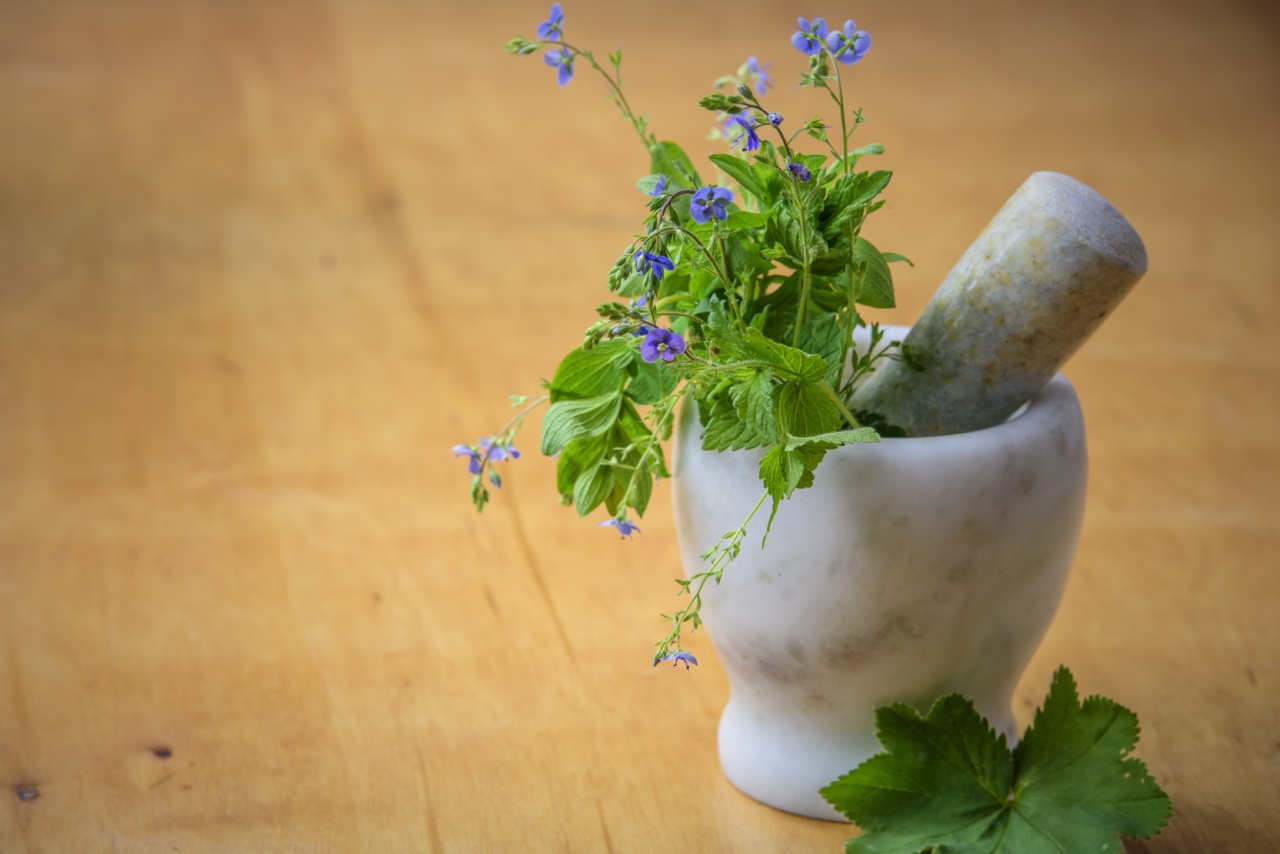Throughout history, natural medicinal herbs have been widely used for their therapeutic properties.
These herbs, often referred to as botanical medicines or herbal remedies, have been utilized in various traditional systems of medicine, such as Ayurveda, Traditional Chinese Medicine, and Indigenous healing practices. The benefits of natural medicinal herbs are vast, ranging from providing relief for common ailments to promoting overall well-being. In this article, we will explore ten potent natural medicinal herbs and their remarkable benefits.
1. Turmeric (Curcuma longa)
Turmeric, a yellow spice commonly found in curries, is hailed for its remarkable anti-inflammatory properties. Its active compound, curcumin, has been shown to help alleviate symptoms of arthritis, reduce inflammation in the body, and aid in digestion.
Turmeric also possesses strong antioxidant effects, which may contribute to its potential anti-cancer properties.
2. Ginger (Zingiber officinale)
Ginger, widely recognized for its distinctive flavor, offers remarkable medicinal benefits as well. It has long been used to alleviate digestive issues, including nausea, indigestion, and motion sickness.
Additionally, ginger possesses potent anti-inflammatory and antioxidant properties that can help reduce inflammation, support immune function, and potentially lower the risk of chronic diseases.
3. Peppermint (Mentha piperita)
Peppermint is a cooling herb that has been valued for its soothing effects on the digestive system. It can provide relief from various digestive disorders, such as irritable bowel syndrome (IBS), indigestion, and bloating.
Peppermint also acts as a natural pain reliever and may help alleviate headaches and menstrual cramps.
4. Garlic (Allium sativum)
Garlic is not only a delightful addition to many culinary dishes but also possesses numerous health benefits. It is known for its antimicrobial properties, aiding in the prevention and treatment of infections.
Garlic also exhibits cardiovascular benefits, as it can help lower blood pressure and reduce cholesterol levels.
5. Echinacea (Echinacea purpurea)
Echinacea, a herbaceous flowering plant, is commonly used to enhance the immune system and fight off the common cold or flu. It possesses potent antiviral and immunomodulatory effects, making it a popular choice for immune support.
Echinacea may help reduce the duration and severity of upper respiratory tract infections.
6. Ashwagandha (Withania somnifera)
Ashwagandha is an adaptogenic herb, meaning it helps the body adapt to stress and promotes overall well-being. This herb is known for its ability to alleviate stress, support adrenal function, and enhance mental clarity.
Ashwagandha also exhibits anti-inflammatory properties and may have a positive impact on thyroid function.
7. Chamomile (Matricaria chamomilla)
Chamomile, a gentle and soothing herb, is often consumed as a tea to promote relaxation and better sleep. It is known for its calming effects on the nervous system and can help alleviate anxiety, stress, and insomnia.
Chamomile also possesses anti-inflammatory properties, aiding in digestive issues and skin irritations.
8. Ginseng (Panax ginseng)
Ginseng is a powerful herb often used in Traditional Chinese Medicine for its adaptogenic and energy-boosting properties. It helps combat fatigue, enhance cognitive function, and support the immune system.
Ginseng is believed to have antioxidant effects and may provide cardiovascular benefits as well.
9. St. John’s Wort (Hypericum perforatum)
St. John’s Wort is a herb that has been traditionally used to alleviate symptoms of mild to moderate depression and anxiety. It is believed to work by increasing levels of serotonin, dopamine, and norepinephrine in the brain.
However, it is essential to consult a healthcare professional before incorporating St. John’s Wort into a treatment plan.
10. Ginkgo Biloba (Ginkgo biloba)
Ginkgo Biloba is a unique herb that is recognized for its remarkable effects on cognitive function and memory enhancement. It helps improve blood circulation and oxygen supply to the brain, potentially reducing the risk of age-related cognitive decline.
Ginkgo Biloba also possesses antioxidant properties and may aid in reducing symptoms of anxiety and vision-related disorders.
Utilizing natural medicinal herbs can serve as a complementary approach to promote overall health and well-being.
While these herbs offer numerous benefits, it is crucial to consult with a healthcare professional if you have any pre-existing medical conditions or are taking medications.






























